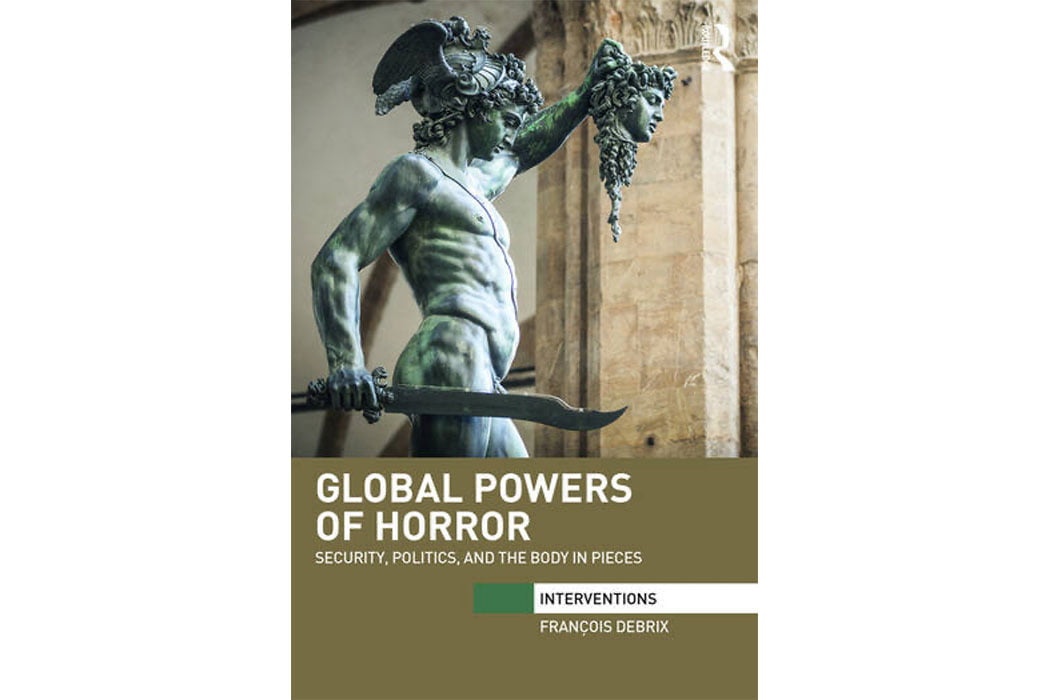Much has been written about extreme violence against individuals and their bodies from the perspective of ‘biopolitics’. According to Foucault, biopolitics emerges when ‘the right to punish’ shifts ‘from the vengeance of the sovereign to the defence of society’ (1977, p. 90). Biopolitics manages life ‘in the name of life necessity’, administrating – among others – illness, sanitary conditions in the towns and security regimes. Yet, as Giorgio Agamben and Achille Mbembe have argued, while Foucault’s insight into biopolitical power’s management and production of life is crucial, the right to decide life and death is never completely separated from the exercise of sovereign power and its geopolitical manifestations. Thus, as Mbembe suggests, biopolitical power is also concerned with ‘the subjugation of life to the power of death’ (2003, p. 39). Agamben adds that ‘if there is a line in every modern state marking the point at which the decision on life becomes a decision on death, and biopolitics can turn into thanatopolitics, the line no longer appears today as a stable border dividing two clearly distinct zones’ (1998, p. 122). When biopolitics becomes an essential function of sovereign power – what Mbembe terms ‘the creation of death worlds’ (2003, p. 40) – it becomes the main object of geopolitical power.
